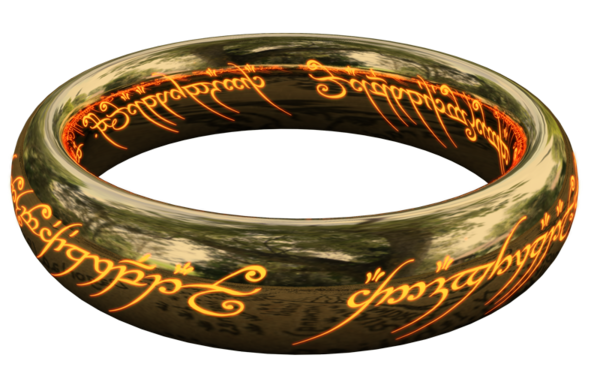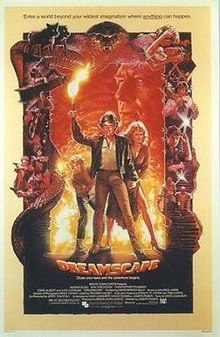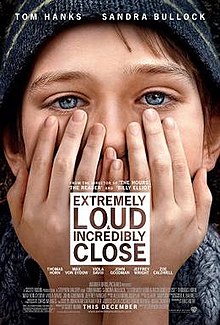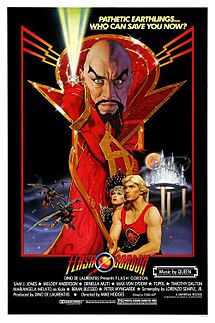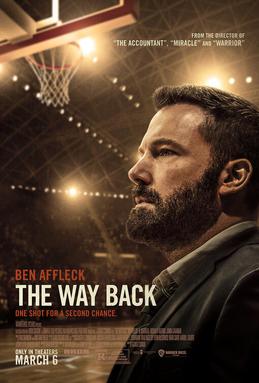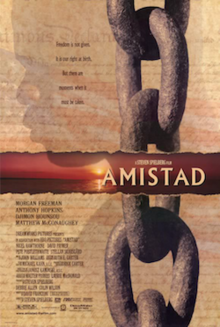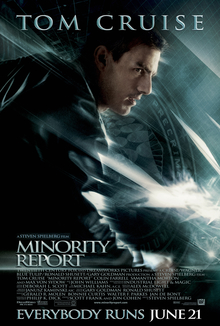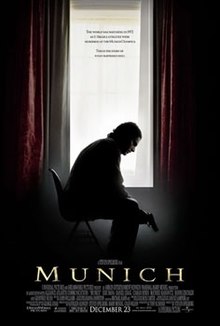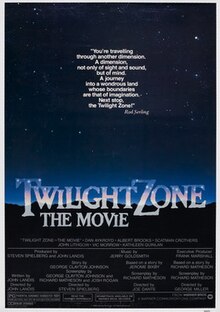I have a new article up at NewEvangelizers.com.
I was listening to a talk by Dr. Jordan Peterson. A few years ago, Dr. Peterson became prominent on the internet for his bold views on many things. This essay is not an endorsement nor is it a condemnation of the totality of Dr. Peterson’s work. However, there is something he said that struck me which I believe is worth engaging.
Dr. Peterson was asked if he believed in God. Many of us could answer that question very quickly, even if it’s not an answer we like. But Peterson said that the answer is not simple. For him, belief in God would be less about an intellectual acceptance of an idea. Instead, belief in God is demonstrated in the way you live your life. But for him it is an all or nothing proposition.
He said in a talk ““To believe, to believe in a Christian sense… to have the audacity to claim that, means that you live it out fully. And that’s an unbearable task in some sense.”
In this sense, to have faith in God is to live the life of a complete and perfect person. What you believe IS how you live. Every action must be done with the complete and total confidence in God’s reality. Any act of doubt, any sin, any break from this way of living would mean that you do not have real faith.
I think that this is an important point to address, because I can imagine some people hearing these words and being very shaken. Who among us has lived a perfect Christian life? And to make the claim that not doing so means you have no faith (as appears to be the conclusion of Peterson’s point), it may leave many to feel despondent about their faith life.
“Do I really have NO faith?” it may be asked.
However, I answer that Dr. Peterson is incorrect on this point.
Weak faith is still faith.
The big mistake that Dr. Peterson makes is that he thinks that the question of faith is a binary question, where the answer is only yes or no. If you were to ask me if I were alive in the biological sense, that would either be a yes or no question. I cannot be both physically alive and physically dead (even “brain death” is still physical life). But if you were to ask me if I was alive in the spiritual sense, that is not a binary question, but a question of degree.
Remember that faith is a virtue given by God. And virtues manifest in different degrees in different people. Take the virtue of courage in a character like Spider-Man. In the most recent movies, Peter Parker has so much courage that he faces deadly enemies head on. But he stutters and stumbles at the idea of revealing his feelings to the girl he likes. Do we say that because he lacks courage in one area that he therefore has no courage at all? Of course not. Instead we point to how he has a greater degree of courage in one area and less in another.
In the same way, we may have areas where our faith is strong and others where our faith is weaker. Maybe we are strong in our belief that Christ is in the Blessed Sacrament, but we struggle with treating all people as if Christ was in them. Do we say because we lack faith in one area that we therefore have no faith at all? Of course not.
We must remember that faith in God is less about accepting a theological position and it is more about a relationship. The Apostles Creed begins with “I believe IN God,” not “I believe THAT God exists.” To believe that God exists is a statement of fact, which could be understood in a simple binary, “yes or no” way. But to believe IN God, implies a relationship. You can believe that I exist because you are reading the words that I wrote. Or you can believe that I don’t exist and these words are the composition of some internet Artificial Intelligence. But it is one or the other, it cannot be both. However, you can only believe IN me if we have some kind of relationship. You cannot believe IN a stranger you just met. You can only honestly say that you believe in the people that you know in a relational manner. And these relationships can have a natural ebb and flow. This means that your belief in someone can be a matter of degree. Maybe you believe in your best friend, but that belief increases or decreases based on how well they keep your secrets.
Even Christ acknowledges this point in the Gospels. When Peter walks out on the water, he begins to look at the waves. This causes his faith to falter and he sinks. Jesus does not look at him and say, “You of NO faith, why did you doubt?” Instead He says, “You of LITTLE faith, why did you doubt?” Peter has so much faith that he walks on the water, something that no one else in the Bible because Christ does. But his faith shrank. It did not disappear. It was “little” faith, not absent faith.
Why is this distinction important?
Many of us struggle in our faith journey. Often it is not a straight climb up the mountain, but it has many peaks and valleys. Very few of us have that perfect faith that Dr. Peterson describes. But that should not drive us to despair. Instead, it should move us to two very important things.
You can read the whole article here.






